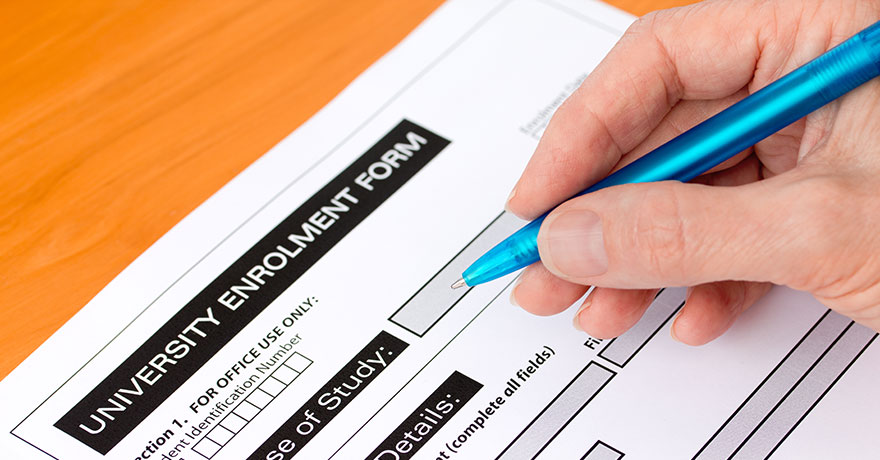10 Mistakes Nigerians Make When Applying to Foreign Universities

Studying abroad is a dream for many Nigerians, but the application process can be tricky. Each year, thousands of applications are rejected or delayed because of avoidable errors. Here are the top 10 mistakes Nigerians make when applying to foreign universities—and how to avoid them.
Quick Insight: From missing deadlines to ignoring visa requirements, small errors can cost you an admission offer. A well-prepared application improves your chances of studying overseas.
1. Missing Application Deadlines
Many Nigerian students underestimate how early foreign universities close their applications. Submitting late often means automatic rejection. Always check deadlines 6–12 months before the intended start date.
2. Submitting Incomplete Documents
Missing transcripts, recommendation letters, or English proficiency test scores are common reasons for delays. Universities expect full documentation at the time of application.
3. Ignoring English Proficiency Requirements
Many programs require IELTS, TOEFL, or Duolingo English Test. Some Nigerians wrongly assume WAEC English is enough, only to have their applications rejected.
4. Poorly Written Personal Statements
A weak or generic essay shows lack of preparation. Universities want to see motivation, clarity, and a clear plan for study and career goals.
5. Applying Without Researching the School
Some Nigerians apply just because a university is abroad, without checking if the program fits their goals or if the school is accredited. This mistake leads to frustration later.
6. Using Unverified Agents
Fake or unqualified agents exploit students, charging high fees and submitting poor applications. Always cross-check with the official school website before trusting a third party.
7. Overlooking Financial Requirements
Many students underestimate tuition and living costs, or fail to show proof of funds required for visas. This leads to visa denial or study interruptions.
8. Submitting Plagiarized Essays
Copying personal statements or using templates from the internet can lead to disqualification. Universities use plagiarism checks on essays and research proposals.
9. Ignoring Visa Requirements
Some students secure admission but fail to prepare for visa interviews or provide required documents like medical exams, proof of funds, or sponsorship letters.
10. Choosing the Wrong Program
Applying for a program unrelated to your background or future career weakens your application and may reduce your chances of getting scholarships or visas.
Final Thoughts
Applying to foreign universities requires early planning, careful research, and honest self-assessment. By avoiding these 10 mistakes, Nigerian students can increase their chances of securing admission and scholarships abroad.
Reminder: Always verify university accreditation, scholarship opportunities, and visa rules before committing to an institution abroad.
